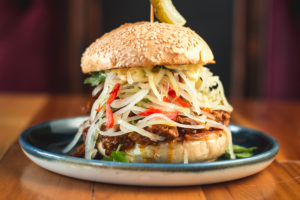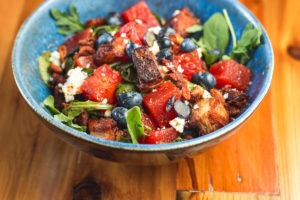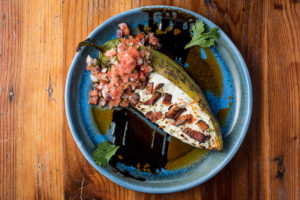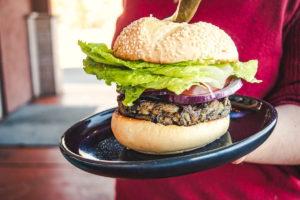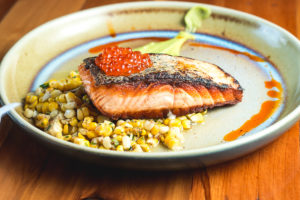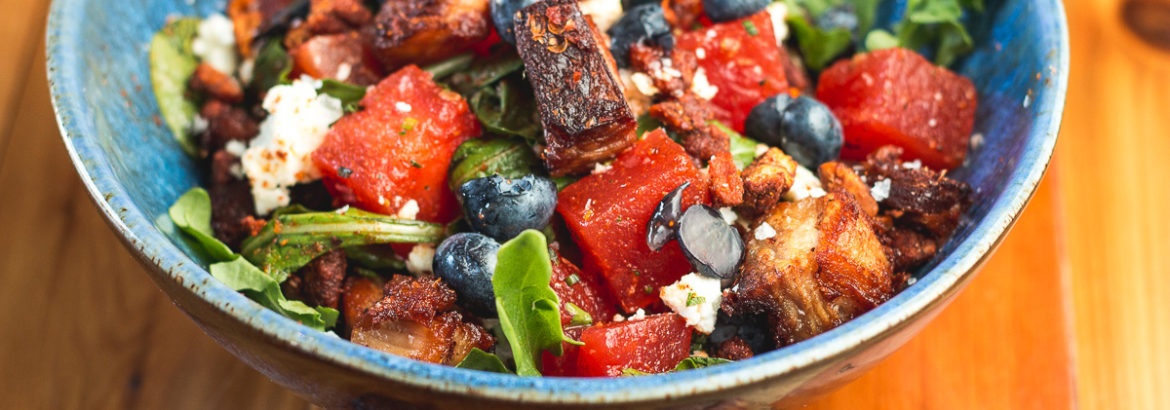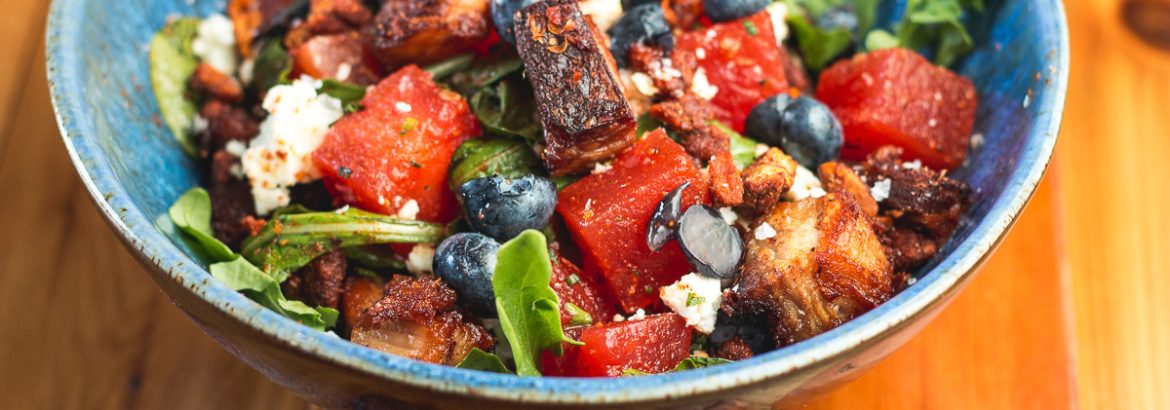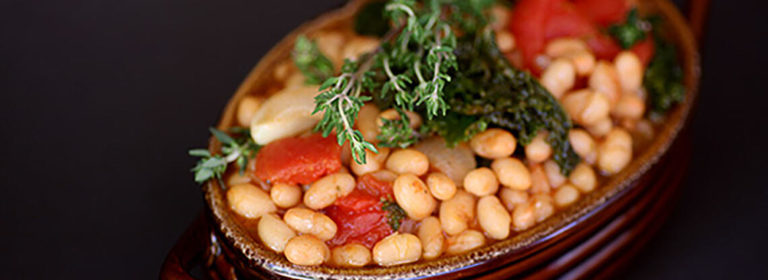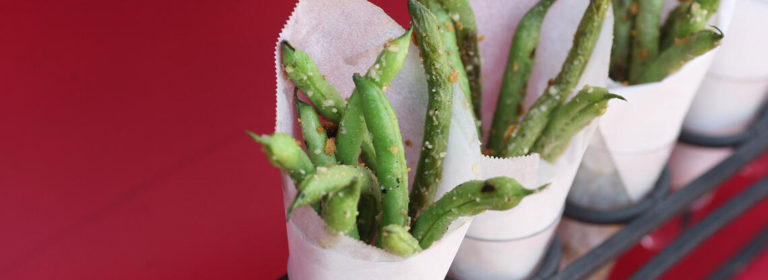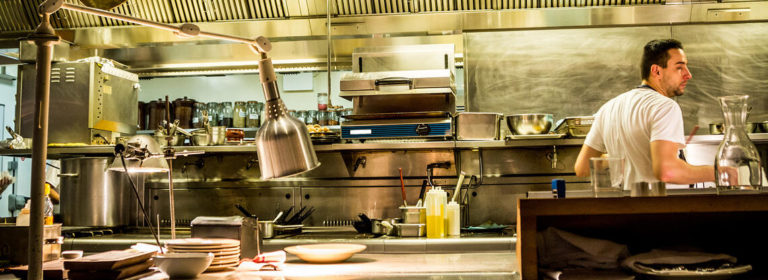Labor shortages continue to ravage the restaurant industry, driving operators to think strategically to survive. It’s, in fact, one of the industry’s biggest issues, according to the National Restaurant Association’s September 2021 summary of data from the U.S. Bureau of Labor statistics, which estimates that eating and drinking places remain nearly 1 million jobs – or 8% – below their pre-pandemic employment peak.
For Travis Peters, who owns The Parish in Tucson, Arizona, with Steve Dunn and Bryce Zeagler, labor issues have dramatically affected how he runs his kitchen. As executive chef of the super busy Southern-influenced eatery, which boasts labor-intensive dishes such as “drunken” angel pasta, shrimp & grits, and mesquite-smoked salmon salad, he stresses the importance of streamlining operations for his three cooks. He credits his multiple visits to Markon’s fields to observe workers pick produce as inspiration.
“Going out on those field tours gives you a sense of awareness of labor and how hard it is just to get some lettuce and/or cabbage to my restaurant,” explains Peters, whose restaurant celebrates its 10th anniversary in October 2021. “I realized a long time ago that finding skilled laborers and paying them accordingly keeps them around and makes the job worth it.
“It’s a brutal job at my restaurant or out on the field getting those products to my restaurant. If people have never worked in a kitchen, and they did for like six months, it would really humble them when they find out what it takes to get food to their tables.”
Peters is a big fan of Markon’s Ready-Set-Serve products, which he says have helped him immensely in The Parish’s kitchen. It’s an innovative and economical line of fresh produce that’s lightly prepped and eliminates tedious kitchen labor like washing and trimming. Offerings range from trimmed Brussels sprouts to whole peeled onions to lettuce fillets.
The convenience of Ready-Set-Serve helps Peters’ staff move on to more important matters in the kitchen. “Not only does it allow me to manage creativity better, but it also allows me to have time for myself to focus on the creative aspect of [the food] instead of the minutia,” he continues.
“We’re just busy, busy, busy, open to close seven days a week. To get those Ready-Set-Serve items in where we’re not spending as much time on cleaning Brussels sprouts or something like that, that gives me a chance to teach my crew a little bit more on the techniques of creating the dishes and creating new dishes we don’t have on the menu yet.”
Expect Peters to have the same mindset when his second restaurant, The Delta, opens in November 2021. Another Southern-inspired concept, this time focusing on a vegetable-centric gastropub theme, The Delta is also in Tucson.
It’s a restaurant he’s been working on for eight years, and he’s excited about all the fun ways he’ll get to manipulate vegetables. From vegetable purees and hot sauces to pickled and fermented components, the variations are endless, he says.
“Getting people to enjoy [vegetables] differently as a center of the plate instead of being just a side component is just fun for me to be able to do,” says Peters. “It makes me look at vegetables differently, and that’s due to Markon.”
Once The Delta is up and running smoothly, Peters plans to install a more veggie-centric approach at The Parish as well. He believes that if more restaurants went this route, it would cut down on food waste.
“Seeing all those people working at the Markon fields, it’s literally the fruits of their labor,” he adds. “[We] should honor that. They busted their butts to get me that produce, I am going to find a way to use every part of it – the stems, the cores, the seeds, everything – to honor them.”
And that’s a great plan for all involved.
